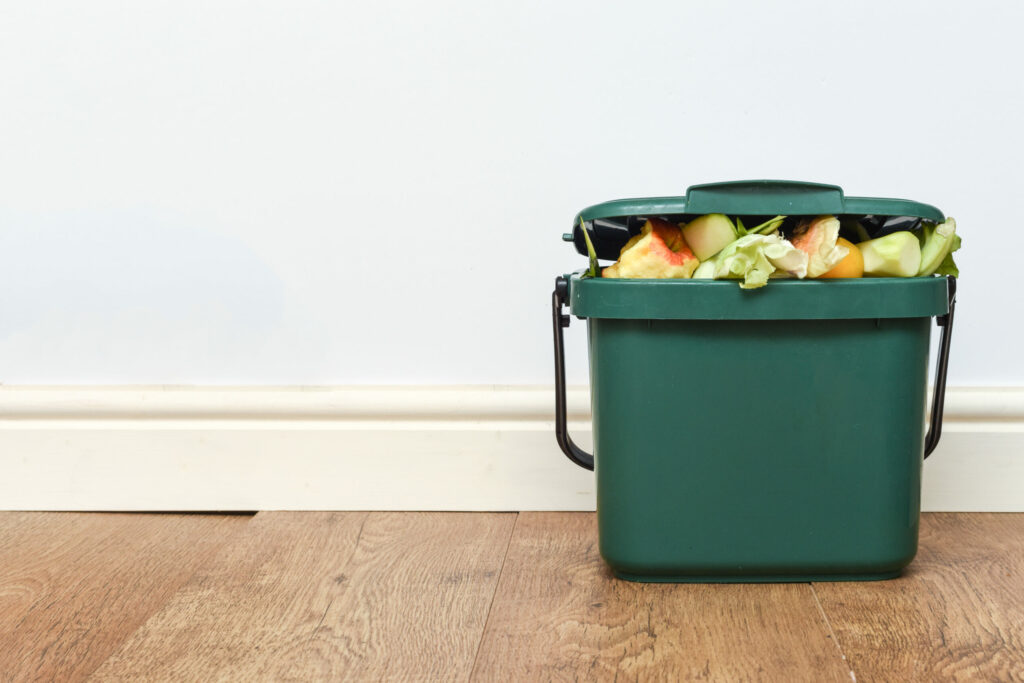Throughout the year, many national and international awareness days are celebrated across the globe, a number of which we are keen supporters of. During September, the Soil Association’s annual ‘Organic September’ takes place, a month-long celebration of all things organic and raising awareness of the benefits of organic produce and living. However, getting involved in Organic September is not only limited to its farms and production workers – we can all join the cause from the comforts of our own homes. This is through the correct management of our organic waste.

What is Organic Waste?
Organic waste is defined as anything which can bio-degrade or break down into compost. This type of waste includes:
- Food waste, inc. peelings, egg shells, leftovers, fruit and vegetable stems, tea bags etc.
- Garden waste inc. Soil, grass, hedge trimmings, flowers, plants etc.
- Pet food.
- Livestock manure.
- Remains of crushed bread
- Sawdust and wood chips
All of this waste when sent to landfill, will take longer to break down and will produce extremely high levels of methane gas, which is a highly contributing component to climate change. But using a designated waste receptacle can help reduce these damaging effects.
Composter or Food Caddy
When it comes to disposing of organic waste such as food or garden, these should never enter the domestic general waste, instead, it is advised to use designated composters or caddies to collect the rubbish.
Home composters are organic waste recycling receptacles and help the waste break down naturally in a secure environment where any harmful gases will be controlled. In the correct conditions, organic waste will break down and transform into compost, this can then be used to plant and help the growth of other farming foods – thus closing the loop on organic recycling. This form of waste conversion is known as composting. According to Green Hero, ‘Composting is a biological process of conversion and recovery of organic matter. In other words, when in contact with oxygen and water the waste will be degraded by the combined action of bacteria, fungi and microorganisms’.
Food cadies are used to collect food waste separately ready for the appropriate local authority to collect and take to Anaerobic Digestion. Anaerobic digestion is the process by which organic matter such as animal or food waste is broken down to produce biogas and biofertiliser.
Compostable Liner
Whilst collecting food waste can be very beneficial to the planet and the environment, it can have its downsides, one of which is odour and mess. Cromwell has a solution to help prevent this, in the form of our compostable liners. Lining your caddy with a compostable liner will help to capture and contain the waste, and also help avoid any spillages and help prevent odour. Compostable liners are the recommended choice because they are the safest way to contain waste without contaminating the contents.
Support Organic September by upgrading your organic waste recycling strategies. Talk to our team to discuss your composting requirements, we have solutions to capture and contain your organic waste.